01-24 08:23发布于广东
Scroll down to the end of the article to read the original English version.
英文版请至文末阅读
研究表明:性教育不仅不会让孩子提早发生性行为,还会推迟第一次发生性行为的时间。
在深美,作为一所拥抱 IB PYP(国际文凭小学项目)理念的学校,我们坚信传递全面性教育课程体系对于学生的身心发展至关重要。
什么是全面性教育?
现在我们所推崇的是全面性教育,既包含生理层面的性,也包括心理、社会层面的性。
不仅可以让孩子建立起对性积极美好的态度,去尊重自己和他人的身体,也能够在知识、技能、态度、价值观方面成长,确保人生命周期内的健康、福祉和尊严。
性教育所倡导的“多元、尊重、平等、包容”,也是有益于社会和谐发展的。
上周五上午,我们邀请到了专业教育者,为学生提供了一系列全面性教育课程,旨在让幼小部的孩子们在安全放松的环境中习得【性与健康】的相关知识。
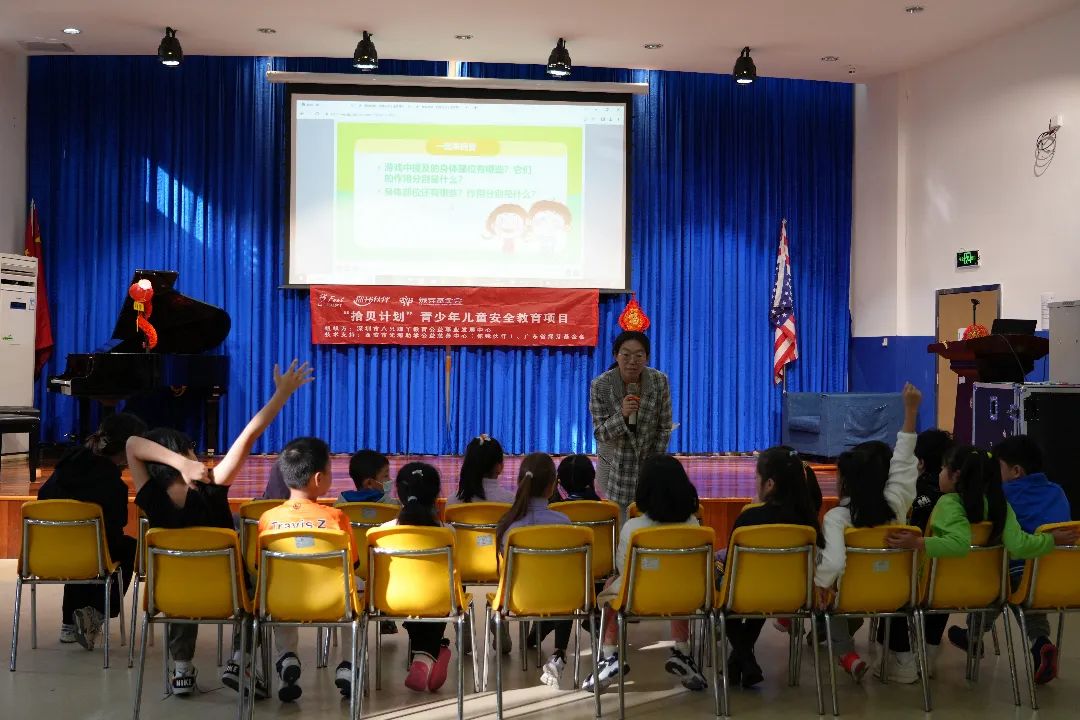
该课程将包括生理,心理和社会三大部分,涵盖四个主要主题。针对不同年龄段的孩子会有对应的主题,课程主题概览具体如下:
这一主题将帮助孩子认识身体的器官和功能,科学看待生殖器官;帮助 学生更好地了解自己。
帮助孩子了解 “隐私部位” 的概念,学会区别安全与不安全的身体接 触及如何应对不安全的身体接触。
帮助孩子打破日常生活对于性别的刻板印象,了解家务、职业等与性别并 无直接的关系,从而帮助孩子正确面对生活学习中的两性相处.
从性别平等的角度切入,引导孩子学习如何尊重他人,同时认识到人 与人之间可以建立许多不同形式的关系。
课堂上,老师用一个“指五官”小游戏开场,让孩子了解什么是“器官”,并引导孩子们大方地说出“性器官”。
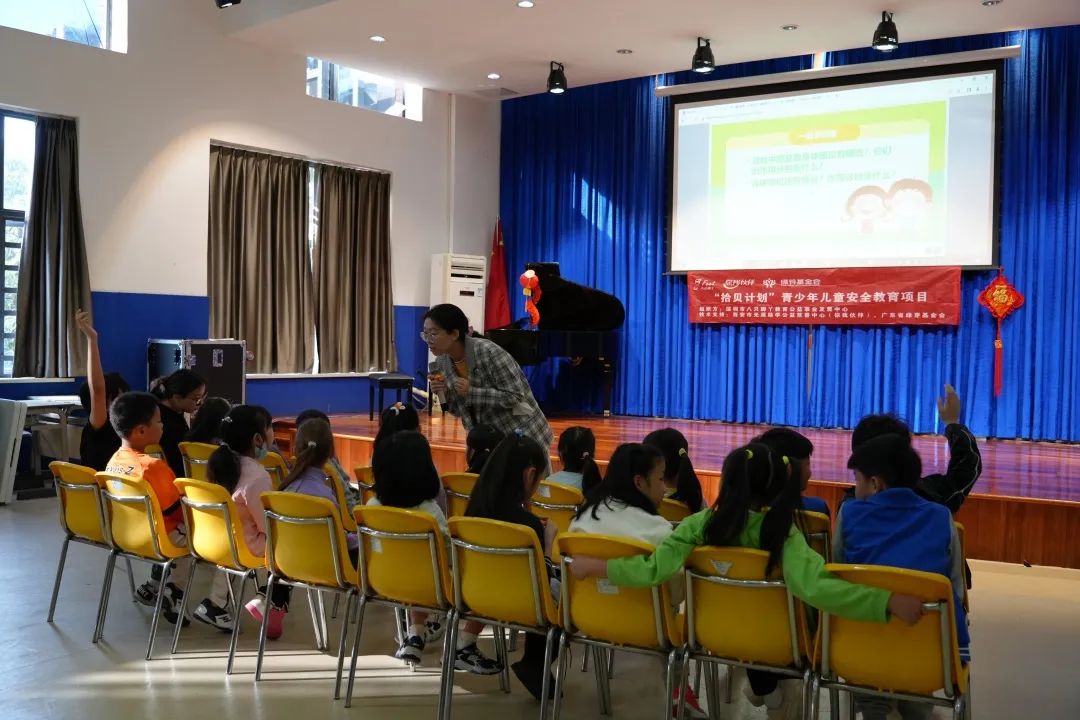
互动结束,老师现场播放两个短片:《什么是隐私部位?》&《如何正确洗澡?》,让孩子们了解:什么是隐私部位?如何正确对待隐私部位?如何正确洗澡,保持隐私部位卫生?
视频结束,老师问大家看完视频有什么感受?“恶心”、“不好意思”、“我觉得很害羞”......还有孩子在偷笑、和身边的同学窃窃私语......
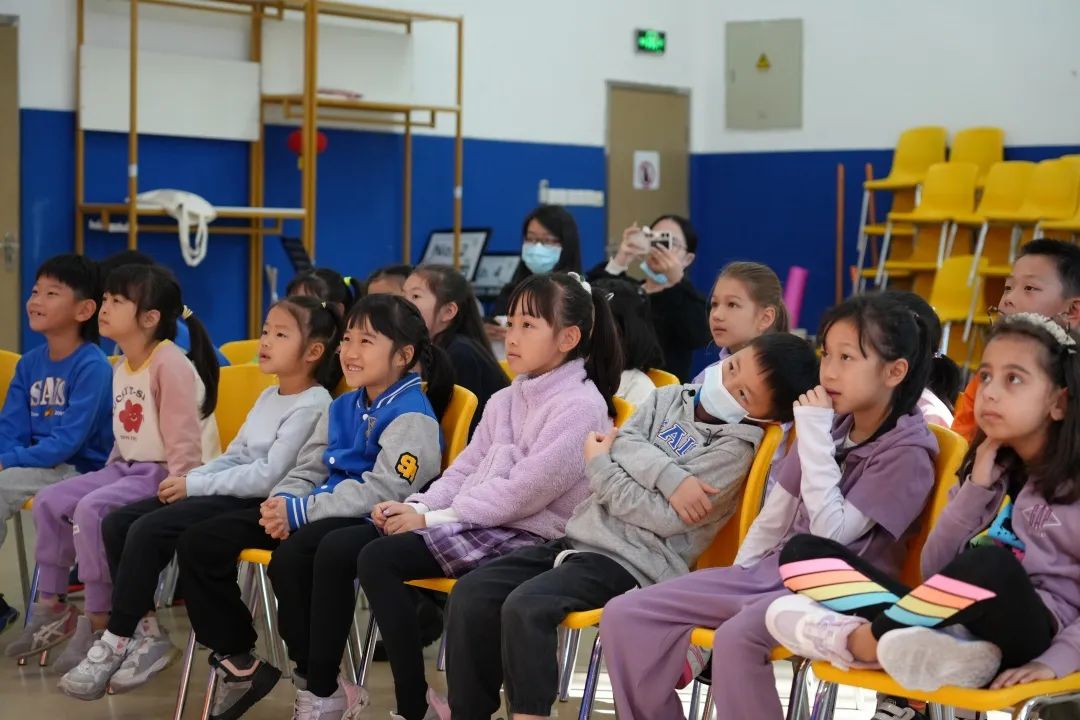
听完孩子们的回答,老师告诉他们:有这样的感受是很正常的事情,但是我们也要正确地去看待这件事情,因为只有了解了这些,才能够更好地保护自己......
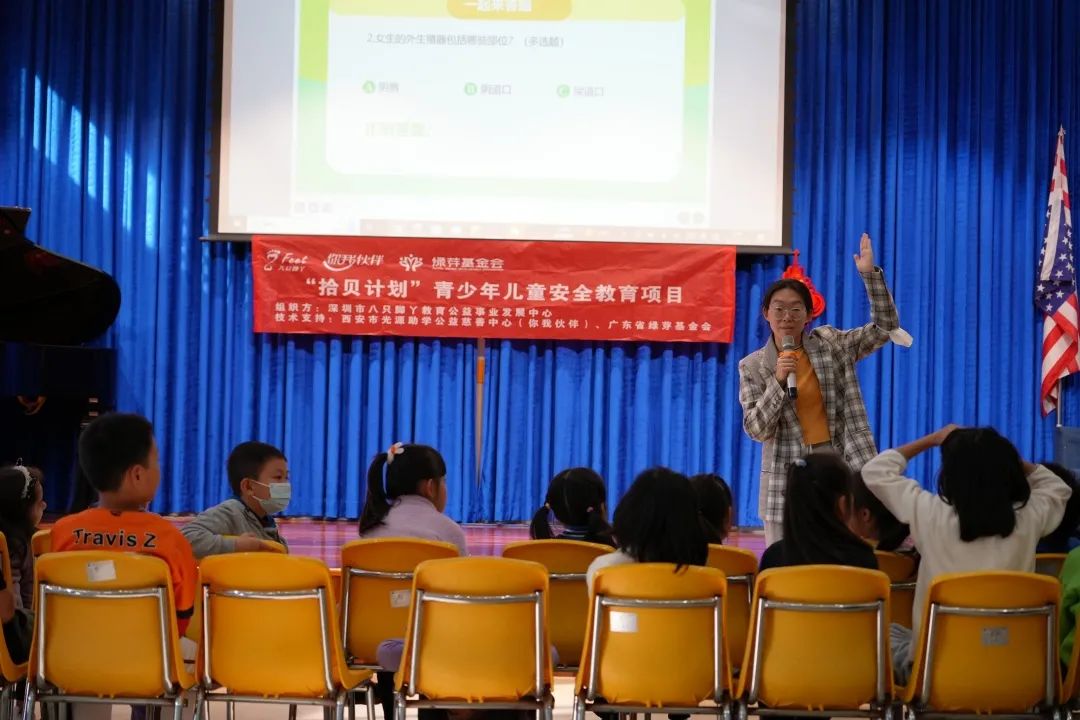
在热烈的讨论和提问结束后,老师带着孩子们一起朗读了「红灯六不要」,提醒孩子们要送注重对隐私部位的保护,在和他人相处的过程中守住这条红线。
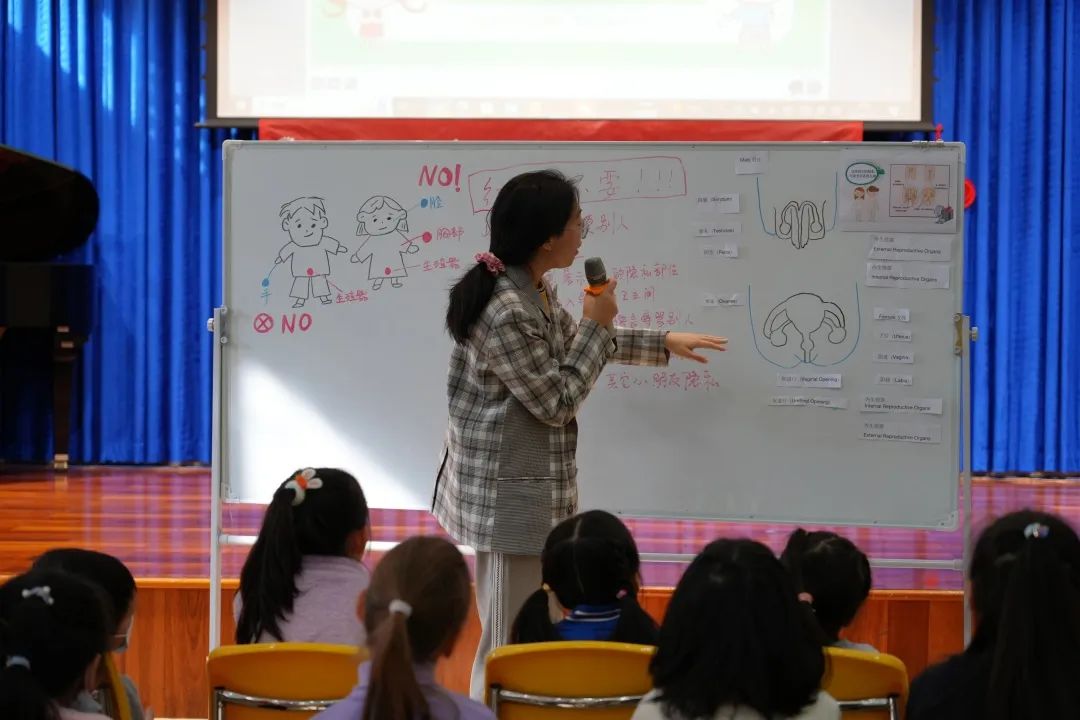
“最可怕的错觉是:新闻离我们很远;最可怕的无知是:我的孩子不需要性教育。”
不知道大家有没有看到这样的新闻?作为老师,每次看到这样新闻,我们都觉得触目惊心。
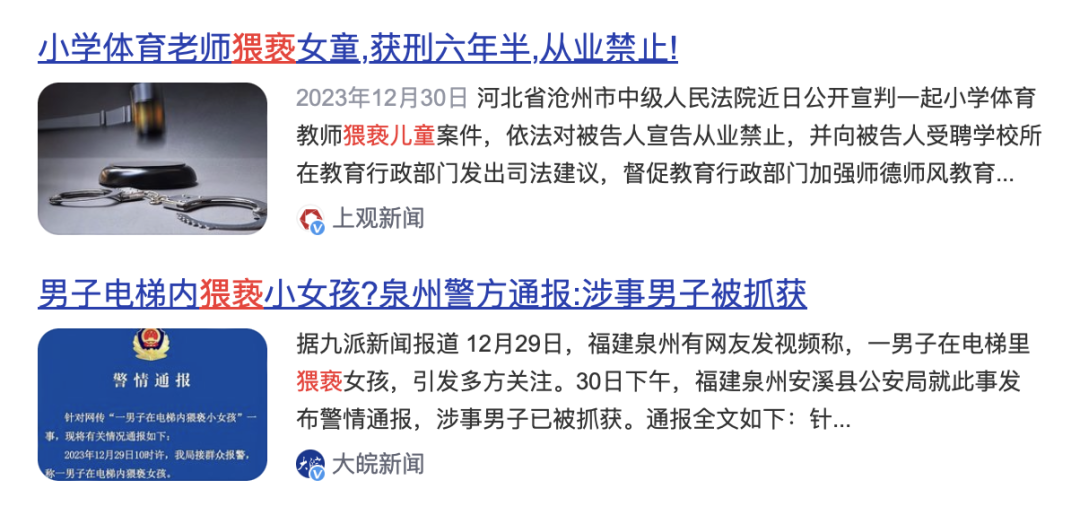
受到中国传统儒家文化的影响,大家会认为“性”是不好的东西,在家庭教育中很多父母也会刻意避开这个话题,也有父母想开口却不知道要怎样跟孩子说......

尤其是进入青春期之后,孩子们好奇心重,当他们从正式渠道中没有办法了解这些知识时,就只能通过一些“非正式渠道”获取信息。但这些渠道里的信息良莠不齐,反而会让孩子“误入歧途”。
所以,普及性教育是重要的,也是必要的。
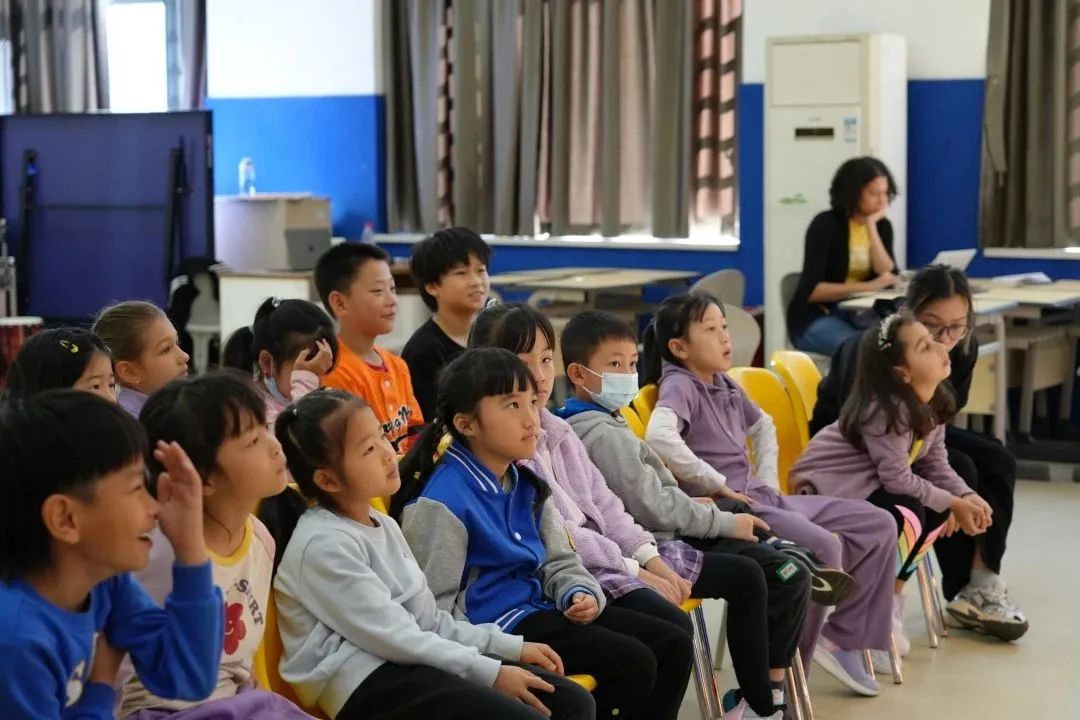
性教育专家刘保健发现,性教育越早开展越容易进行。一二年级就接受过性教育的学生,与三年级才第一次接受性教育的学生相比,前者往往更不带情色反应。
所以,性教育宜早不宜迟。
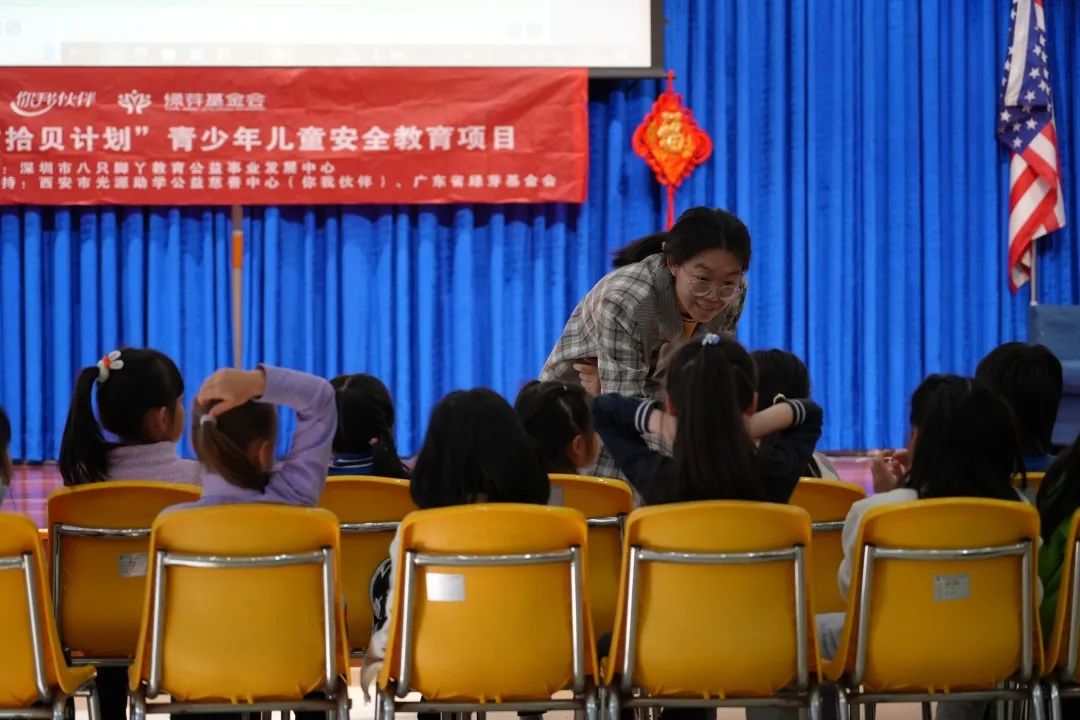
北师大教授刘文利指出,“儿童性教育应该从出生就开始,不用担心讲太多会诱导孩子,它是孩子探究世界的重要内容”。
除了学校的课程以外,家长在生活中,也可以有意识的引导孩子正确看待这个话题,比如:
1.带孩子认识自己的身体,了解性器官
2.告诉他们隐私部位很重要,树立自我保护意识
3.教导孩子要尊重异性,尊重性别差异
4.和孩子一起看性教育书籍或电影,真正了解“性”
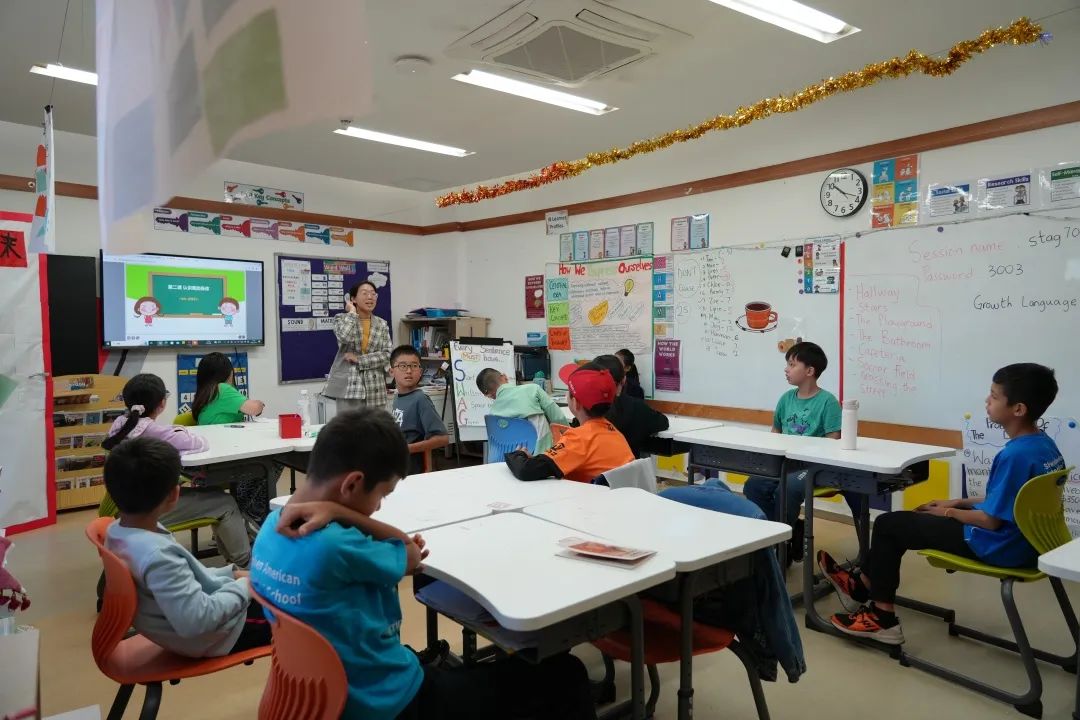
在生活中呢,无论孩子问出什么令人大跌眼镜的问题,家长都不要觉得这个话题难以启齿。要用端正平和的心态来看待,给予正确的引导,给孩子更好的守护。
滑动阅读英文版原文
Slide to read the original English version
Research shows that not only does sex education not make children have sex earlier, it delays the first time they do.
At SAIS, as a school that embraces the philosophy of IB PYP (International Baccalaureate Primary Years Programme), we believe that the delivery of a holistic education curriculum is essential to the physical and mental development of our students.
What is holistic education? Nowadays, we are promoting comprehensive sexuality education, which encompasses not only the physical aspect of sexuality, but also the psychological and social aspects of sexuality.
It not only enables children to develop a positive and beautiful attitude towards sex and respect for their own bodies and the bodies of others, but also to grow in knowledge, skills, attitudes and values to ensure health, well-being and dignity throughout the life cycle.
Sexuality education advocates "diversity, respect, equality and inclusion", which is also conducive to the harmonious development of society.
Last Friday morning, we invited professional educators to provide a series of comprehensive sex education classes, aiming to enable children in the ECE to acquire knowledge about [sex and health] in a safe and relaxing environment.
The program will consist of physical, psychological and social components covering four main topics. There will be topics for different age groups and an overview of the program topics is as follows:
PART.01 Knowing My Body This theme will help children to recognize the organs and functions of the body and to view the reproductive organs in a scientific way; it will also help students to better understand themselves.
PART.02 My Body, My Choice will help children to understand the concept of "private parts" and to learn to differentiate between safe and unsafe body contact, and to learn how to cope with unsafe body contact.
PART.03 We are all equal helps children to break the gender stereotypes in daily life and to understand that household chores and occupations are not directly related to gender, so as to help children to correctly deal with the relationship between the two sexes in their daily lives and studies.
PART.04 Respecting Others and Making Friends From the perspective of gender equality, children are guided to learn how to respect others and realize that there are many different forms of relationships between people.
In the classroom, the teacher opened with a small game of "pointing to the five senses" to let the children understand what "organs" are, and encouraged the children to generously say "sex organs".
At the end of the interaction, the teacher showed two short videos: "What are private parts? & "How to take a bath correctly? The teacher showed two short videos: "What are private parts? How to treat private parts correctly? How to take a proper bath and keep the private parts hygienic?
At the end of the video, the teacher asked, "How do you feel after watching the video?"
"Disgusting", "Embarrassed", "I feel very shy" ...... Other children were snickering and whispering to their classmates ......
After listening to the children's answers, the teacher told them: it is normal to feel this way, but we also need to look at this matter correctly, because only by understanding this can we protect ourselves better ......
At the end of the lively discussion and questions, the teacher brought the children together to read aloud the "Six Don'ts of Red Lights", reminding them to pay attention to the protection of their private parts, and to keep this red line in the process of getting along with others.
I wonder if Members have seen such news. As teachers, every time we see such news, we feel shocked.
Influenced by the traditional Chinese Confucian culture, people will think that "sex" is something bad, in family education many parents will deliberately avoid this topic, there are parents want to talk but do not know how to tell their children ......
Especially after adolescence, children are very curious, and when they do not have the means to learn this knowledge from formal channels, they can only obtain information through some "informal channels". However, the information in these channels is of mixed quality and may lead children astray.
Therefore, popularizing sex education is important and necessary.
Sex education expert Liu found that the earlier sex education is conducted, the easier it is to conduct. Students who have received sex education in the first or second grade tend to have less erotic reactions than those who receive sex education for the first time in the third grade.
Therefore, sex education should be carried out earlier rather than later.
Liu Wenli, a professor at North Normal University, pointed out that "children's sex education should start from birth, and don't worry that talking too much about it will induce children, it is an important part of children's exploration of the world". In addition to the school curriculum, parents can also consciously guide their children to look at this topic correctly in their lives, for example:
How should parents educate their children about sex?
1. Let children recognize their own bodies and learn about sex organs
2. Tell them that their bodies are important and build up a sense of privacy
3. Teach children to respect the opposite sex and gender differences
4. Watch sex education books or movies with your children, and face the topic of "sex" squarely.
In life, no matter what kind of question your child asks, parents should not find the topic difficult to talk about. They should look at it with a proper and calm mind and give the right guidance to give their children better protection.

声明:本文内容为国际教育号作者发布,不代表国际教育网的观点和立场,本平台仅提供信息存储服务。
全国500所国际学校大全 / 3分钟匹配5-8所 / 1年名校升学备考托管服务






